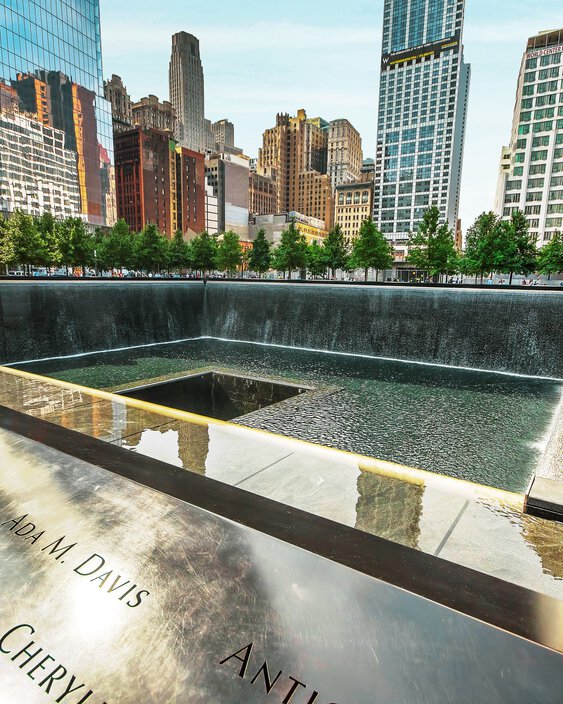
Political violence / terrorism
Terrorism has developed into a threat that knows no geographic or geopolitical boundaries. It is evolving into the principal irregular warfare strategy of the 21st century.
Loading ...
Terrorism is a complex, man-made phenomenon with repercussions for every aspect of society. Over time, it has developed into a threat that knows no geographic or geopolitical boundaries. Although efforts to establish an internationally binding definition of terrorism have been unsuccessful, it can be agreed that terrorism seeks to cause human suffering and widespread fear. Recent attacks in particular have demonstrated the disruptive potential of terrorism on social life and business.
Terrorism is continually changing. As terrorism evolves into the principal irregular warfare strategy of the 21st century, it is adapting to changes in the world socio-political environment. Some of these changes facilitate the abilities of terrorists to operate, procure funding, and develop new capabilities. Other changes are gradually moving terrorism into a different relationship with the world at large. Weapons technology has become increasingly available, and the purchasing power of terrorist organisations is on the rise. The ready availability of both technology and trained personnel to operate it for any client with sufficient financial means allows the well-funded terrorist to equal or exceed the sophistication of governmental counter-measures. Terrorist groups are increasingly showing a tendency to play more than a merely subordinate role in nation-state conflicts, and are becoming prominent as international influences in their own right. They are becoming more integrated with other sub-state entities, such as criminal organisations, and are gradually assuming a measure of control and identity with national governments.
Until recently, terrorism has been associated primarily with physical acts of violence and crime, such as killings, bombings, kidnapping and the destruction of property. Starting in the 21st century, the increasing advent of technology, and more specifically systems controlled by computers, has seen a new form of criminal activity that has often combined destruction of property with financial crime, propaganda, economic warfare and possibly physical harm to innocent lives. Cyberterrorism is relatively young in its evolution and has been associated with individuals, terrorist groups and state actors - which in particular, could escalate into a "cyber war". Cyberterrorism allows terrorists to conduct their operations with little or no risk to themselves. It also provides terrorists an opportunity to disrupt or destroy networks and computers. The result is interruption of key government or business-related activities. This type of terrorism is not as high profile as other types of terrorist attacks, but its impact can be very destructive.
Socio-economic inequalities are rising worldwide, which will be one of the main drivers of political violence, terrorism and especially the strikes, riots and civil commotion complex in future. The Covid-19 crisis curbed criminal activities like terrorism, but the aftermath and resulting socio-financial discrepancies will fuel radical agitators' influence.
For the (re)insurance industry, political violence and terrorism are difficult to handle, as the frequency and severity of attacks cannot be predicted. In addition, today's global militant and terrorist organisations are constantly seeking to increase the magnitude of their attacks – for example, by acquiring and deploying non-conventional weapons like nuclear, biological, chemical or radioactive (NBCR) agents. Ordinarily, Political Violence/Terrorism policies and reinsurance treaties exclude losses arising from an attack via nuclear, biological, chemical and/or radioactive devices. This is due to the incalculable risk and loss potential arising from such attacks.
In order to mitigate wider economic impacts (due to the lack of comprehensive insurance cover for commercial property or infrastructure), many governments have established state-backed terrorism insurance and reinsurance facilities that are referred to as terrorism schemes, funds or pools. A lot of these schemes were introduced as an interim measure and are intended to operate only while terrorism insurance cover is unavailable commercially at affordable rates and subject to periodic review. The different terrorism schemes reflect the particular needs of individual countries and most differ in their structure or application.
In the area of political violence insurance, the bulk of the premium is generated in connection with property and specialty treaty insurance. Due to several recent political crises, the demand for political violence coverage is increasing.